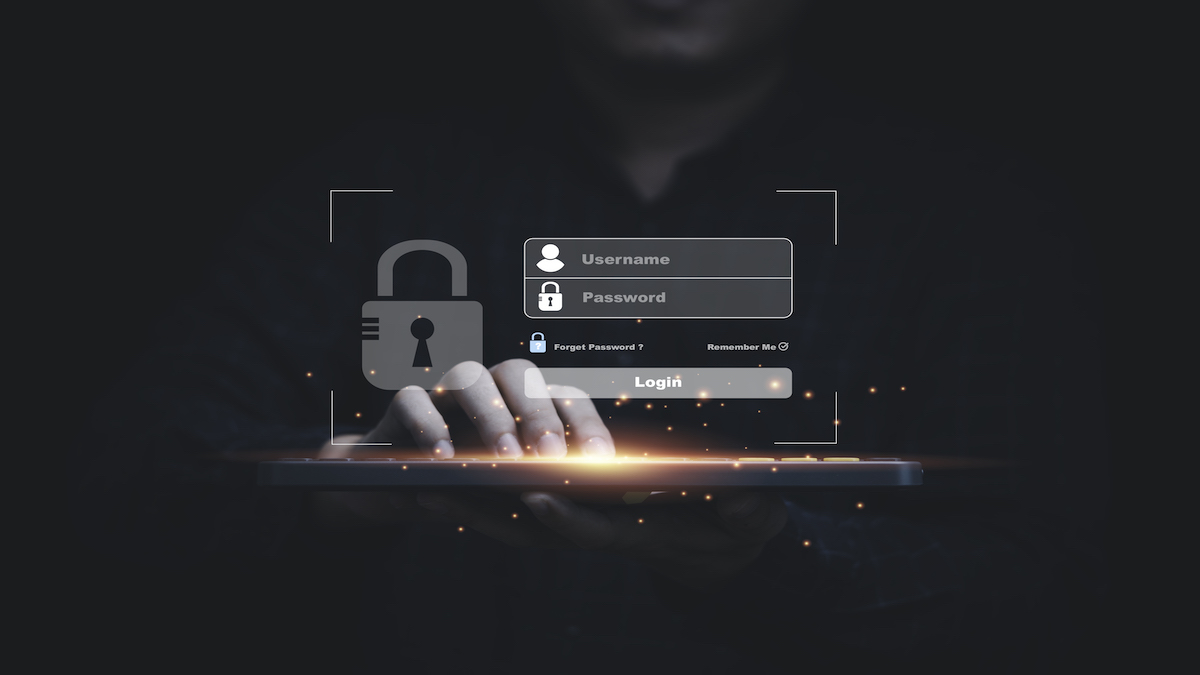Uniswap has quickly become a popular decentralized exchange (DEX) for cryptocurrency trading, boasting features such as low fees, fast transactions, and no need for intermediaries. However, with its rise in popularity comes an increase in cybersecurity threats targeting cryptocurrency users.
Phishing attacks are one of the most prevalent and dangerous tactics used by malicious actors to steal sensitive information from unsuspecting individuals. What makes these attacks even more insidious is their utilization of Google Ads, a platform typically associated with trusted and legitimate advertisements.
Phishing Sites – The Mechanics of Deception
Phishing sites are fraudulent websites designed to trick users into giving away sensitive information such as login credentials, personal data, or financial details. These sites often mimic well-known and trusted websites, using similar URLs, interfaces, and language to deceive users. In the case of Uniswap phishing sites, they may use a URL like “[invalid URL removed]” to imitate the legitimate site. Additionally, these sites may replicate the exact design of Uniswap’s interface to further convince users that they are on the official platform.
To create a sense of urgency or fear, phishing sites often use language that pressures users into taking immediate action. This tactic is commonly seen in cryptocurrency phishing attacks, where phishers may claim that the user’s account has been compromised and must be accessed immediately to avoid loss.
Phishers also frequently use techniques such as typosquatting and homograph attacks. Typosquatting involves registering a domain name with a slight misspelling of a well-known site, such as “unisswap.com.” Homograph attacks exploit the use of Unicode characters to create visually similar but fake URLs, making it difficult for users to identify the difference between the real and fake site.
Exploiting Google Ads for Trust
Google Ads, formerly known as Google AdWords, is an online advertising platform that allows businesses to bid on keywords and display targeted ads to potential customers. While it serves as a legitimate marketing tool for businesses, phishers have found a way to exploit its features for malicious purposes.
The perception of legitimacy that Google Ads lend to advertisements can be highly beneficial for phishing sites. By targeting specific keywords related to Uniswap, crypto wallets, and exchanges, phishers can increase the chances of their ad appearing at the top of Google search results. As users often trust these ads as legitimate sources of information, they may unknowingly click on them and fall victim to a phishing attack.
Moreover, the combination of convincing advertisements and individuals’ haste when interacting with cryptocurrency platforms can prove to be a dangerous mix. This provides phishers with an opportunity to quickly gather sensitive information from victims before they realize they have been deceived.

Real-World Examples
There have been multiple documented instances of phishing attacks using Google Ads against Uniswap users. In one case, a fake Uniswap site was advertised at the top of Google search results, using the URL “uniswap.io”. Users who clicked on the ad and entered their login credentials had their funds immediately drained from their accounts. In another attack, a fake Uniswap site used the URL “uniwap.com” and stole an estimated $50,000 from unsuspecting users.
Screenshots of these fake sites serve as evidence of how convincing and well-crafted they can be, making it difficult for users to distinguish them from the real Uniswap site.
Protecting Yourself – Vigilance is Key
While Google is actively working to combat malicious ads, it is ultimately the responsibility of every cryptocurrency user to stay vigilant against phishing attacks. Some red flags to look out for include grammatical errors and typos on the site, unusual URLs (even with subtle differences), and pressure tactics used to create a sense of urgency. When in doubt, always double-check the URL directly in the address bar or bookmark the official Uniswap site for direct access.
Additionally, considering using a reputable browser extension designed to flag suspicious crypto sites can provide an extra layer of protection against phishing attacks.
Additional Safety Measures
In addition to being cautious when interacting with cryptocurrency platforms, there are other measures users can take to protect themselves against cyber threats:
The importance of strong, unique passwords and avoiding reuse cannot be stressed enough. Using a password manager can make this process easier and more secure.
Enabling two-factor authentication (2FA) on all accounts, including email and cryptocurrency wallets, adds an extra layer of security.
Regularly checking for software updates and using reputable antivirus software can help prevent malware attacks.
Familiarizing oneself with common phishing tactics and staying informed about the latest threats in the crypto space can also aid in identifying potential attacks.
Conclusion
As the popularity of Uniswap continues to grow, so do the risks associated with using it. Phishing attacks leveraging Google Ads have proven to be an effective means for malicious actors to steal sensitive information and funds from unsuspecting users. By understanding the mechanics of deception used by phishers and taking proactive measures to protect oneself, individuals can safeguard their cryptocurrency assets and stay one step ahead of cyber threats.
There are many ways to secure sensitive information and protect against cyber attacks, but it ultimately comes down to individuals being vigilant and proactive in their approach. By remaining informed about the latest tactics used by phishers and staying cautious when interacting with cryptocurrency platforms, users can minimize their chances of falling victim to these malicious schemes. In the constantly evolving landscape of technology and cybercrime, it is crucial to stay informed, educated, and alert to keep oneself and others safe.
























